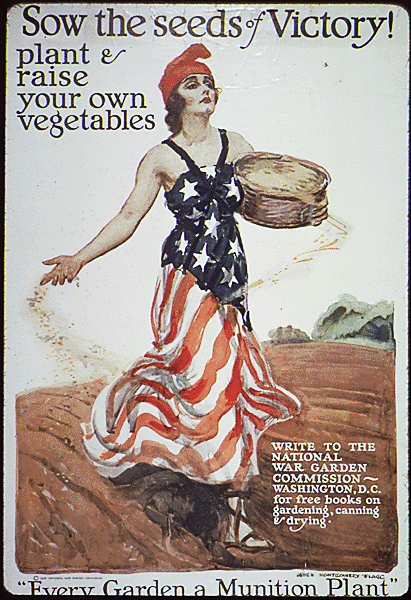Too many kids enter my class in August with the misconception that the president can do whatever s/he wants and they are the be-all, end-all of decision making and change in the United States. It blows their mind when they discover how much influence citizens hold. Thus, it should be pretty powerful that the teachers on my team and I are structuring everything around the theme of citizenship this year.
- World War II on the homefront: What can you do to conserve resources to play your part to beat Hitler?
- The Constitution: Why is it important for you to understand and discuss the Bill of Rights?
- Civil Rights Movement: How can an individual create change within a larger context?


Perfectly fitting with this theme of citizenship, we will now ask the following:
- What can you do to create a conservation area in your backyard?
- Why is it important for you to understand what animals are around your school? Why should you advocate for them?
- Why should you participate in a study about shark’s teeth?
- Did you know that you can play a part in a scientist’s research?
Viewing life through themes (rather than content areas) illuminates understanding that you would otherwise miss. How powerful is it for students to realize that everything in life is made up of every content area you can identify? Take an idea and explore it from every angle possible: art, math, music, science, physical activity, reading, writing, history, foreign language, psychology….

I’m hoping that through participating in my eMammal project and Mr. Bourne’s Shark Teeth project, our students come away with a deep, meaningful understanding of what it means to be a citizen–and pursue it in their lives beyond 8th grade.